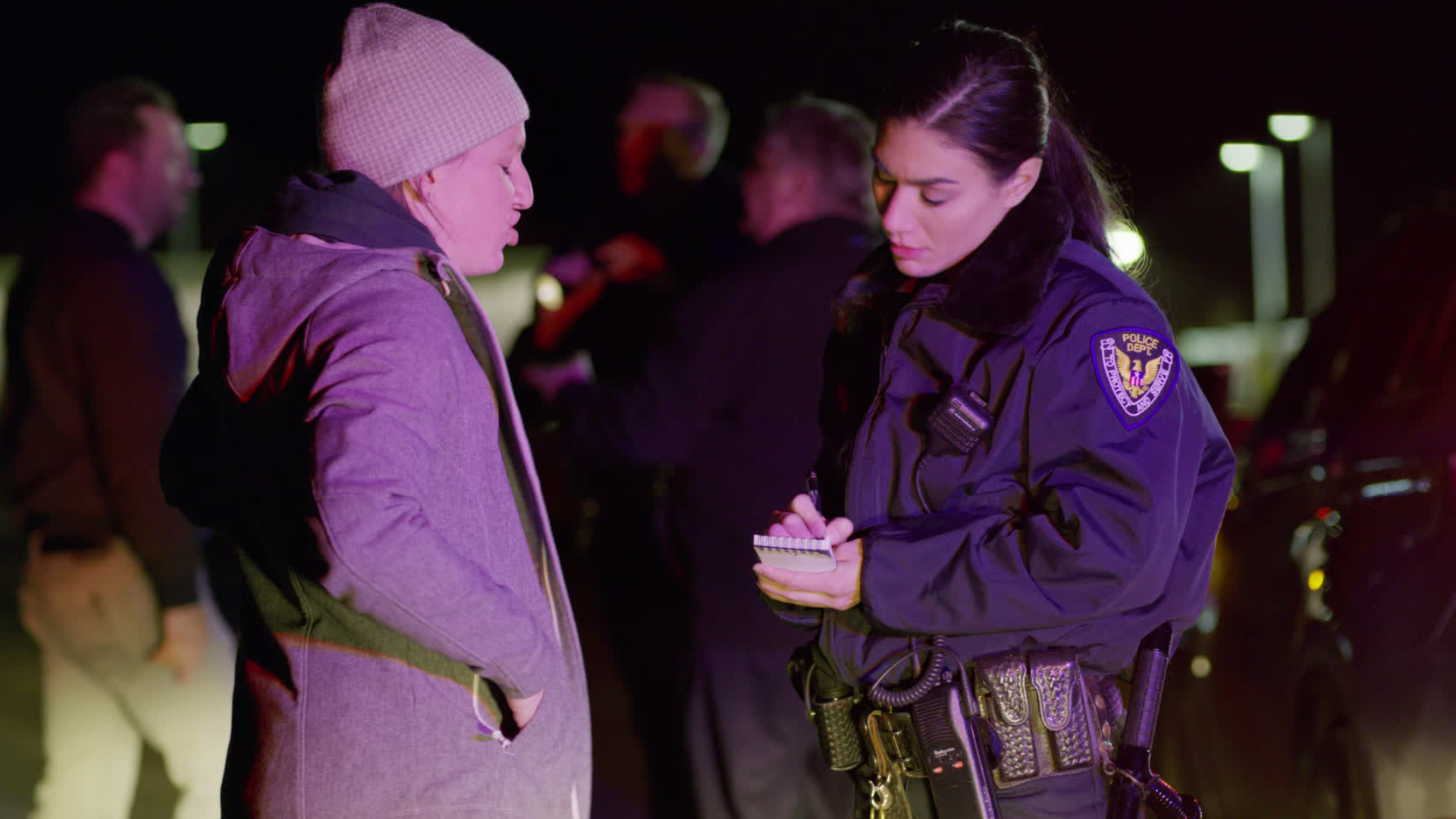Police Identification & Records Officers
Crime Scene Investigator, Crime Scene Technician, Criminalist, Forensic Specialist
What they do:
Collect evidence at crime scene, classify and identify fingerprints, and photograph evidence for use in criminal and civil cases.
On the job, you would:
- Maintain records of evidence and write and review reports.
- Package, store and retrieve evidence.
- Submit evidence to supervisors, crime labs, or court officials for legal proceedings.
Knowledge
Safety and Government
- law and government
- public safety and security
Arts and Humanities
- English language
Business
- customer service
- administrative services
Skills
Basic Skills
- listening to others, not interrupting, and asking good questions
- thinking about the pros and cons of different ways to solve a problem
Problem Solving
- noticing a problem and figuring out the best way to solve it
Abilities
Verbal
- listen and understand what people say
- read and understand what is written
Ideas and Logic
- make general rules or come up with answers from lots of detailed information
- order or arrange things
Visual Understanding
- see hidden patterns
- quickly compare groups of letters, numbers, pictures, or other things
Attention
- pay attention to something without being distracted
Personality
People interested in this work like activities that include data, detail, and regular routines.
They do well at jobs that need:
- Integrity
- Attention to Detail
- Dependability
- Adaptability/Flexibility
- Initiative
- Stress Tolerance
Technology
You might use software like this on the job:
Graphics or photo imaging software
- DesignWare 3D EyeWitness
- Digital Image Management Solutions Crime Scene
Presentation software
- Microsoft PowerPoint
Data base user interface and query software
- Microsoft Access
- National Crime Information Center (NCIC) database
Education
Education: (rated 3 of 5)
associate's degree or
bachelor's degree
usually needed
bachelor's degree
usually needed
Job Outlook
Average
New job opportunities are likely in the future.
Explore More
- Coroners
- Detectives & Criminal Investigators
- Forensic Science Technicians
- Fraud Examiners, Investigators & Analysts
- Private Detectives & Investigators
You might like a career in one of these industries:
See more details at O*NET OnLine about police identification and records officers.





